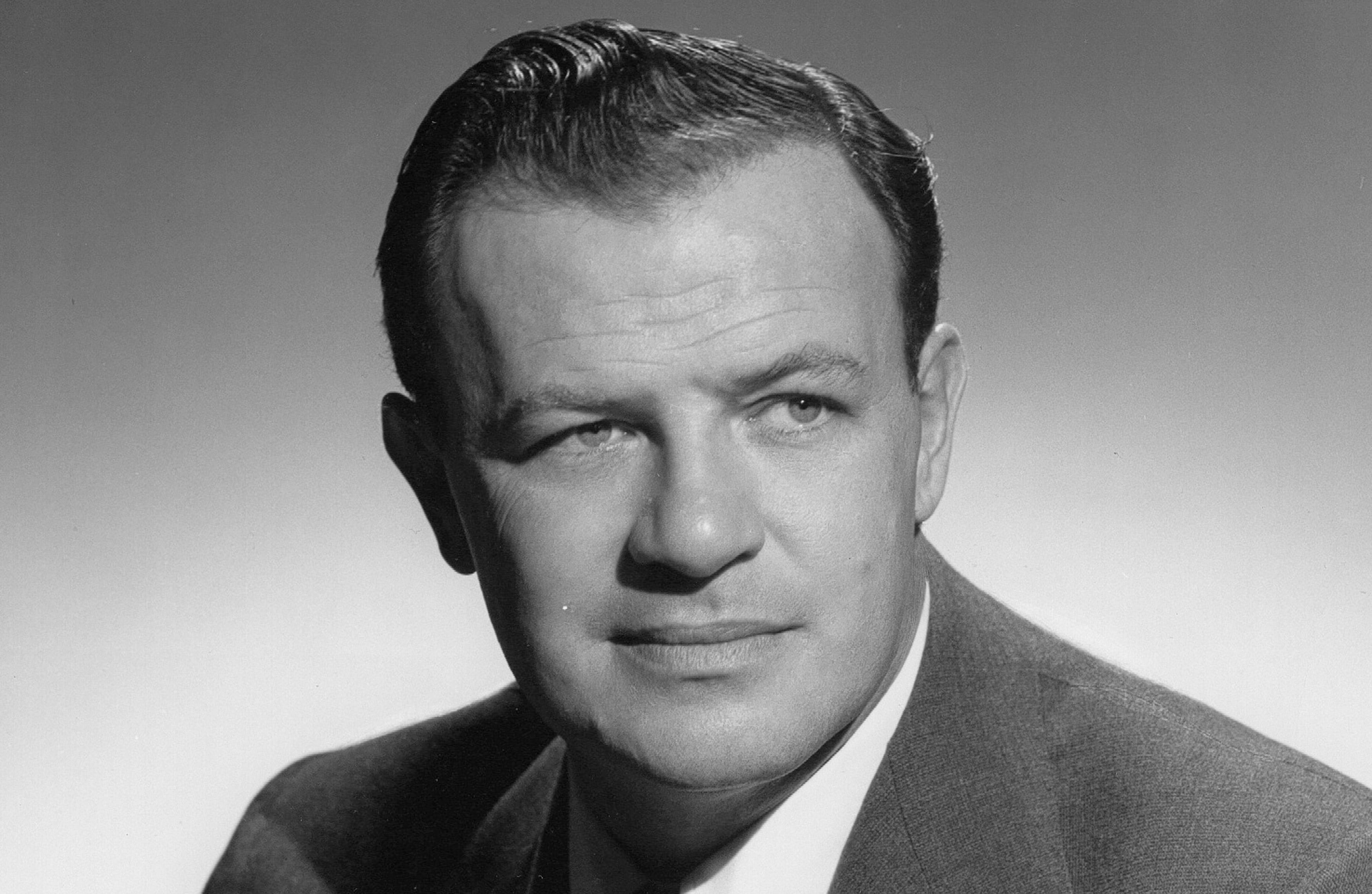The legacy of Joseph Mankiewicz in the world of cinema is nothing short of remarkable. As a writer, director, and producer, Mankiewicz played a pivotal role in shaping the landscape of classic Hollywood films. His contributions to the industry are celebrated and continue to resonate with film enthusiasts around the globe. In particular, his association with Turner Classic Movies (TCM) has allowed audiences to appreciate his work and the era he helped define. Mankiewicz's films reflect not only his genius but also the cultural and social narratives of his time. From captivating storytelling to intricate character development, his work embodies the essence of classic cinema that TCM aims to preserve and promote.
The exploration of Mankiewicz's filmography often leads cinephiles to consider the broader implications of his storytelling techniques and thematic choices. His films frequently delve into complex human emotions, moral dilemmas, and the intricacies of relationships, making them timeless pieces that remain relevant even today. As TCM continues to showcase Mankiewicz's masterpieces, new generations are introduced to the brilliance of his artistry.
Understanding the significance of Mankiewicz within the TCM context is essential for anyone who appreciates classic films. By examining his life and work, we gain insight into the evolution of cinema and the artistic contributions that have shaped it. Join us as we delve deeper into the world of Mankiewicz and TCM, exploring his biography, cinematic achievements, and the lasting impact he has had on the film industry.
What is the Biography of Joseph Mankiewicz?
Joseph Mankiewicz was born on February 11, 1909, in Wilkes-Barre, Pennsylvania. He was the son of Polish-Jewish immigrants and had a strong passion for storytelling from an early age. Mankiewicz began his career in the film industry as a screenwriter and quickly made a name for himself. He rose to prominence in the 1940s and 1950s, directing and writing some of the most iconic films in Hollywood history. His work earned him multiple Academy Awards, solidifying his status as a legendary filmmaker.
Personal Details and Bio Data of Joseph Mankiewicz
| Detail | Information |
|---|---|
| Full Name | Joseph Leo Mankiewicz |
| Date of Birth | February 11, 1909 |
| Place of Birth | Wilkes-Barre, Pennsylvania, USA |
| Date of Death | February 5, 2003 |
| Occupation | Screenwriter, Director, Producer |
| Notable Works | All About Eve, A Letter to Three Wives, Cleopatra |
| Awards | 2 Academy Awards for Best Director, 1 Academy Award for Best Screenplay |
How Did Mankiewicz Influence Classic Cinema?
Mankiewicz's influence on classic cinema is profound, marked by his unique storytelling style and character-driven narratives. He had an uncanny ability to blend wit and drama, creating films that were both entertaining and thought-provoking. His most famous work, "All About Eve," is a prime example of his mastery in portraying the complexities of human relationships and ambition in the entertainment industry. The film's sharp dialogue and well-crafted characters continue to resonate with audiences today.
What Are Some of Mankiewicz's Most Notable Films?
Joseph Mankiewicz directed and wrote several films that have become classics in the annals of cinema. Here’s a list of some of his most notable works:
- All About Eve (1950) - A tale of ambition and deception in the theater world, this film won six Academy Awards.
- A Letter to Three Wives (1949) - A fascinating story of friendship and love, leading to unexpected revelations.
- Cleopatra (1963) - A historical epic that showcased Mankiewicz's grand vision and storytelling prowess.
- The Ghost and Mrs. Muir (1947) - A romantic fantasy that explores love beyond the grave.
- Suddenly, Last Summer (1959) - A psychological drama based on Tennessee Williams' play, delving into taboo subjects.
Why is Mankiewicz's Work Relevant Today?
The themes explored in Mankiewicz's films remain relevant in contemporary society, addressing issues of power dynamics, gender roles, and the pursuit of success. His ability to craft complex characters allows audiences to connect with the stories on a personal level, making them timeless. As TCM continues to showcase Mankiewicz's work, it serves as a reminder of the importance of storytelling in understanding the human experience.
What Impact Did Mankiewicz Have on Turner Classic Movies (TCM)?
Turner Classic Movies (TCM) has played a significant role in preserving and promoting the legacy of Joseph Mankiewicz. By featuring his films in their programming, TCM allows new audiences to discover his work and appreciate the artistry behind classic cinema. Mankiewicz's unique storytelling approach and character development are highlighted through TCM’s dedication to showcasing cinematic history.
How Can New Generations Appreciate Mankiewicz's Films?
For new generations to appreciate Mankiewicz's films, it is essential to provide context about the era in which he worked. Understanding the cultural and societal influences of the time can enhance the viewing experience. Encouraging discussions about the themes and character arcs can also foster a deeper appreciation for the artistry involved in his storytelling. TCM's programming and educational resources contribute significantly to this effort, making Mankiewicz's work accessible to all.
What Legacy Did Joseph Mankiewicz Leave Behind?
Joseph Mankiewicz's legacy is one of brilliance and innovation in the film industry. His films continue to inspire filmmakers and storytellers, serving as a benchmark for character-driven narratives. Mankiewicz's ability to blend drama with sharp wit and social commentary has left an indelible mark on cinema, ensuring that his work is celebrated for generations to come.
In conclusion, the exploration of Mankiewicz and TCM reveals a rich tapestry of storytelling that transcends time. His contributions to classic cinema continue to be recognized and appreciated, inviting new audiences to experience the magic of his films. As we celebrate the artistry of Joseph Mankiewicz, we are reminded of the power of storytelling in shaping our understanding of the world and ourselves.



ncG1vNJzZmixn6PAtr7IZqWeq6RjsLC5jpycpZ2Sp7a1xZVopJqmm56yuLXCs2Stm51jtbW5yw%3D%3D